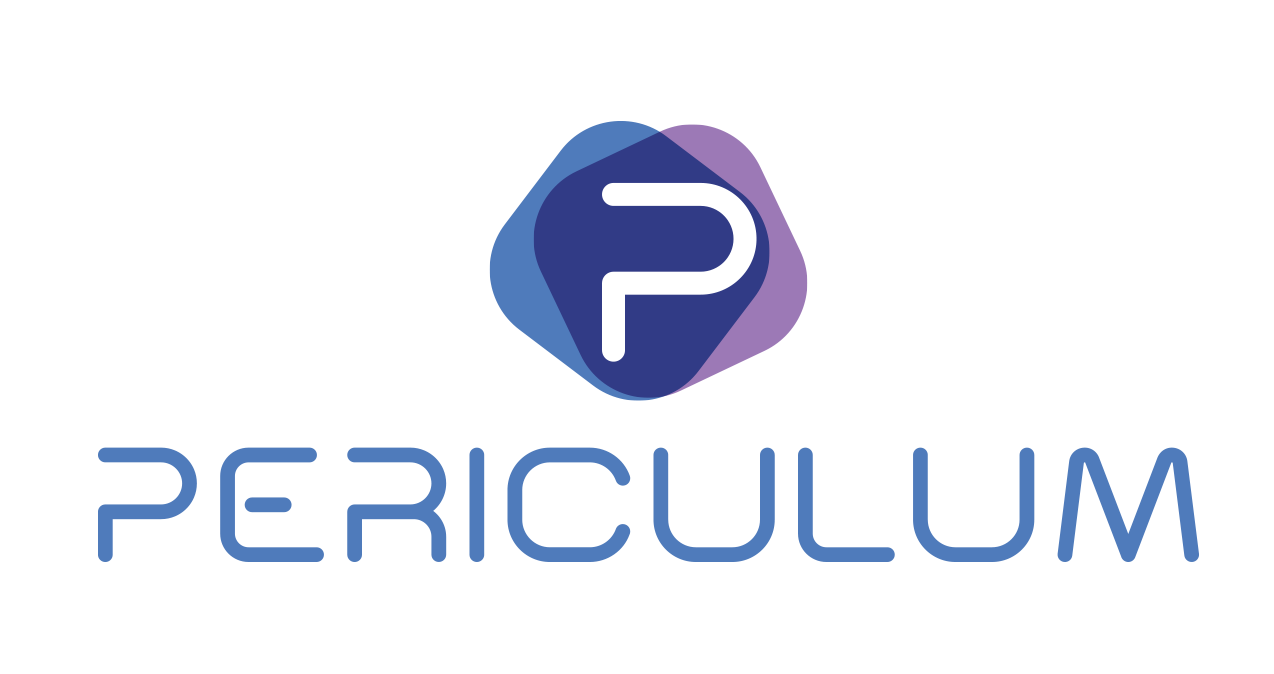AI Helping the Under-Banked
Abstract: In the quest for financial inclusion, where billions worldwide lack access to basic banking services, AI emerges as a potent ally. This article explores the intersection of AI and financial inclusion, highlighting the challenges faced by underserved markets, such as Canada’s five million underbanked individuals. Through AI-driven solutions like those pioneered by Periculum, leveraging alternative data sources, credit barriers can be broken, and access to financial services expanded. However, ethical considerations loom large, requiring transparent and explainable AI frameworks to prevent exacerbating existing disparities. Collaboration between traditional institutions, FinTech companies, and NGOs, alongside supportive regulatory environments, is crucial. By responsibly harnessing AI’s power, financial inclusion can be enhanced, fostering economic growth and resilience across diverse demographics and geographies.
A recent report from the World Bank shows that over 1.7 billion adults worldwide lack access to basic banking services, and in Canada alone, nearly five million people are considered underbanked. These are the underserved markets. While they might have a basic bank account, their engagement with the mainstream financial system remains limited.
This phenomenon represents widespread financial exclusion, affecting billions globally and erecting barriers to economic growth worldwide. Underserved markets exhibit various identifying factors, including income, identity, age, and location, which differ from one country to another. Traditional financial institutions also need help to reach low-income populations, geographically isolated communities, and micro-entrepreneurs.
Recent research indicates that marginalized communities, migrants, immigrants, and newcomers often encounter barriers to accessing comprehensive financial services due to various factors. Such include poor credit histories, which significantly impact risk assessment by traditional institutions, especially for low-income individuals and micro-entrepreneurs. Moreover, geographic isolation makes it costly and challenging for these populations to access physical bank branches. Traditional financial services also need to adapt to the unique needs of gig workers and informal enterprises. (Beck & Demirguc-Kunt, 2006)
Canada, for instance, has experienced substantial immigration, with over 526,360 immigrants arriving in recent years, reflecting an average growth rate of 19.64% over five years. In 2023, there were 96,450 refugee immigrants and a significant increase in international students, totaling over 900,000, with average growth rates of 22.80% and 81.81%, respectively, over the same period. Imagine all these people being faced with the same problem of financial exclusion.
In bridging this gap within the underserved markets, leveraging artificial intelligence is the best foot forward to promoting financial inclusion. A handful of organizations, such as Periculum, have taken on the task of creating AI and data-driven solutions to achieve this. By partnering with several stakeholders, such as financial institutions and governmental parastatals, a more comprehensive risk profile can be built for people with little credit history based on alternative data sources, such as aggregating data from their unbanked formal and informal savings, business income, and expenditure, spending patterns, social media activity, utility bills, and mobile phone usage habits. According to a McKinsey insight report, AI-powered alternative data lending models could increase loan accessibility for 1.2 billion individuals worldwide.
Using artificial intelligence (AI)-driven algorithms to automate credit scoring, microloans can be evaluated faster and more efficiently. By providing smaller, more manageable loans to marginalized communities, FinTech companies and microfinance institutions can foster financial empowerment. (Xu & Zia, 2019)
Even in rural areas, chatbots can provide individualized financial literacy instruction and guidance in regional languages. This can assist people and micro business owners in better managing their money and making wise borrowing and saving decisions. (Nguyen et al. 2020)
While AI holds significant potential for advancing financial inclusion, ethical considerations must be addressed. Unchecked bias in data and algorithms could exacerbate existing disparities. Therefore, ensuring explainability and transparency is crucial, allowing individuals to understand the basis for acceptance or rejection of financial services. To ensure AI serves as a tool for empowerment rather than exclusion, regulatory frameworks, and ethical AI development practices are essential. (Jobin et al., 2019)
To revolutionize financial inclusion with AI, a collaborative ecosystem must be built, involving partnerships between traditional institutions, FinTech companies, and NGOs, secure data sharing, and investment in digital infrastructure for wider adoption in underserved markets. (World Bank, 2021)
To fully unlock the potential of AI in advancing financial inclusion, collaboration, and partnerships between governments, financial institutions, technology companies, and civil society organizations, governments must play a crucial role in creating an enabling regulatory environment that encourages innovation while protecting consumer rights and privacy. It is also important for FIs to AI technologies and develop inclusive products and services that meet the diverse needs of underserved populations. Periculum, an AI and Data-driven Solutions company has tasked itself with prioritizing ethical AI practices and ensuring that AI-driven solutions are accessible, transparent, and beneficial to all segments of society through its products and services.
Holistically, AI can improve financial inclusion by breaking down credit barriers, expanding access to services, and fostering economic growth in underserved markets. By responsibly harnessing AI’s power, ethical solutions, collaboration, and investment in digital infrastructure, we can create a more inclusive and resilient financial system that benefits everyone, regardless of socioeconomic status or location.
References:
- Beck, T., & Demirguc-Kunt, A. (2006). A Framework for Financial Inclusion. Social Development Department Policy Papers, World Bank.
- Jobin, A., Ienca, M., & Vayena, E. (2019). The State of the Art in Explainable Artificial Intelligence. arXiv preprint arXiv:1906.02820.
- World Bank. (2021). Global Findex Database.
- Financial Inclusion and Artificial Intelligence: Opportunities and Risk (2020) by Nguyen, T. T. H., Hui, L. C., & Victor, C.
About Michael Collins
About Michael Collins Michael Collins, co-chair of the New-to-Canada program, is the founder and CEO of Periculum Technologies Inc., an AI and data solutions company for underserved markets. Michael won the 2011 Best of the Best award from BMO Bank of Montreal. He is also the Founder and CLO at Great North Capital Inc., funding hundreds of loans to underserved customers and SMEs in Alberta and Saskatchewan.


